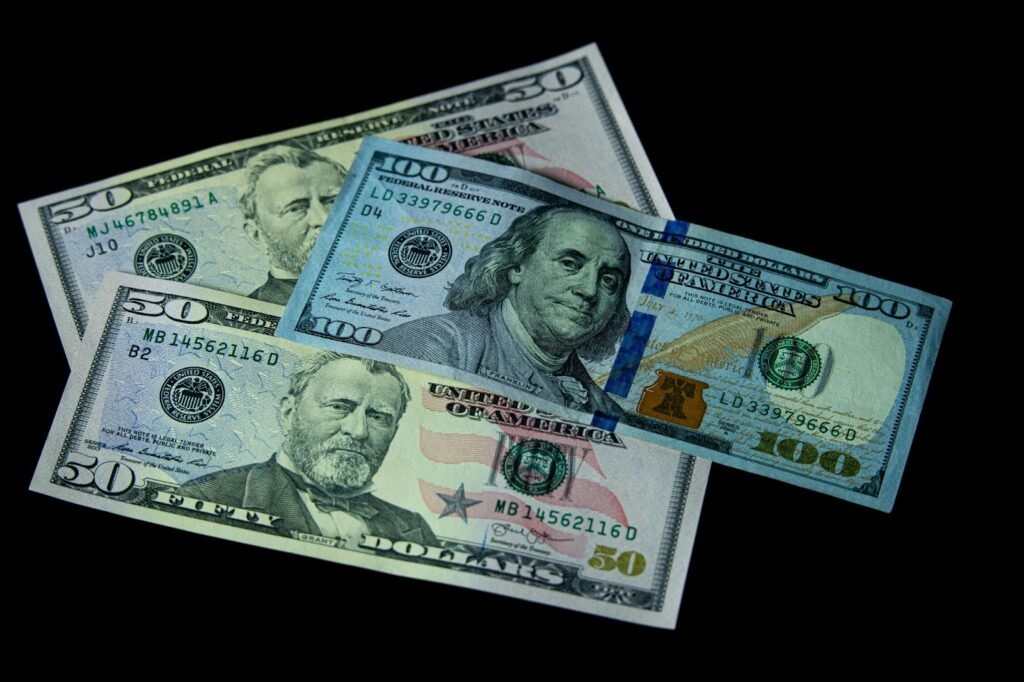Yen to USD: The Easy Conversion
Understanding the Exchange Rate
The Japanese yen (JPY) and the United States dollar (USD) are two of the most widely traded currencies in the world. Understanding the exchange rate between these two currencies is essential for travelers, investors, and anyone involved in international business.

What is the Current Exchange Rate?
The exchange rate between the Japanese yen and the United States dollar fluctuates constantly due to various economic factors. To get the most accurate and up-to-date exchange rate, it’s always best to check a reliable financial website or app.
Factors Affecting the Exchange Rate
Several factors can influence the exchange rate between the yen and the dollar, including:
- Economic Indicators: The performance of the Japanese and US economies can significantly impact the exchange rate. Interest rates, inflation, and GDP growth are important variables.
- Trade Balance: The trade balance between Japan and the US can also affect the exchange rate. If Japan exports more to the US than it imports, the yen may appreciate.
- Political Events: Political instability or uncertainty in either Japan or the US can lead to fluctuations in the exchange rate.
- Speculation: Currency traders may speculate on future exchange rate movements, which can influence the current rate.
Converting 1000 Yen to USD
To convert 1000 yen to USD, you simply need to multiply the yen amount by the current exchange rate. For example, if the exchange rate is 1 USD = 130 JPY, then 1000 JPY would be equal to approximately 7.7 USD.
Tips for Converting Currency
Here are some tips to keep in mind when converting currency:
- Check Multiple Sources: Compare exchange rates from different sources to ensure you get the best deal.
- Consider Fees: Some currency exchange services may charge fees, so be aware of the costs involved.
- Avoid Airport Exchanges: Airport currency exchange services often have higher fees and less favorable exchange rates.
- Use a Currency Conversion App: There are many mobile apps available that can help you convert currencies on the go.
General Questions:
What is the current exchange rate for 1000 yen to USD?
The exchange rate fluctuates daily. To get the most accurate and up-to-date rate, please check a reliable financial website or app.
What factors influence the exchange rate between yen and USD?
Economic indicators, trade balance, political events, and speculation can all affect the exchange rate.
How often does the exchange rate change?
The exchange rate can change daily, sometimes even hourly.
Is it possible to withdraw yen in Japan with a credit card?
Yes, you can. But be mindful of any costs your bank may charge for overseas transactions.
Is it better to exchange yen to USD in Japan or the US?
Generally, it’s more advantageous to exchange currency in the country where you’re traveling.
Conversion and Calculation Questions:
How do I calculate the exchange rate for 1000 yen to USD?
Simply multiply the yen amount by the current exchange rate.
When is the ideal time to convert yen to dollars?
The ideal moment might change based on the state of the market. It’s generally recommended to monitor exchange rates and exchange currency when it’s in your favor.
Are there any hidden fees associated with currency exchange?
Some currency exchange services may charge hidden fees, such as transaction fees or exchange rate markups.
How can I avoid losing money on currency exchange?
Compare exchange rates from different sources, be aware of fees, and avoid airport exchanges.
What is the best currency conversion app or website?
There are many reliable options available. Popular choices include Google Search, XE Currency Converter, and OANDA.
Travel-Related Questions:
How much USD is 1000 yen worth for a trip to Japan?
The value will depend on your spending habits and the cost of living in Japan.
What is one thousand yen worth in Japan?
It can be, depending on what you’re buying. For small items or daily expenses, it can be sufficient.
What are some tips for saving money while traveling in Japan?
Eat at local restaurants, use public transportation, and look for deals and discounts.
Is it necessary to carry a lot of cash in yen while in Japan?
Many places accept credit cards, but it’s still a good idea to have some cash on hand for smaller purchases or areas without card acceptance.
Can I use my US credit card in Japan?
Yes, you can. But be mindful of any costs your bank may charge for overseas transactions.
Investment and Finance Questions:
Is it a good time to invest in the Japanese yen?
This depends on various factors, including economic conditions and market trends. Before making any investing decisions, it is always advisable to speak with a financial counsellor.
How can I hedge against currency volatility with my investments?
Diversification and hedging techniques can reduce currency risk.
What is the long-term outlook for the yen-USD exchange rate?
Predicting long-term exchange rates can be challenging due to numerous factors. It’s essential to stay informed about economic developments and market trends.
Should I exchange all my USD to yen before my trip to Japan?
It’s generally recommended to exchange only a portion of your USD to yen to avoid potential losses due to exchange rate fluctuations.
Are there any tax implications for exchanging currency?
Tax laws vary by country. Seeking advice from an expert in taxes is advisable.
Additional Questions:
What is the history of the Japanese yen?
The yen was introduced as Japan’s currency in 1868.
What is the symbol for the Japanese yen?
The symbol for the Japanese yen is ¥.
What fascinating details exist regarding the Japanese yen?
The yen is one of the world’s major currencies and is used in many international transactions.
Conclusion
Understanding the exchange rate between the Japanese yen and the United States dollar is crucial for anyone dealing with international transactions. By staying informed about the factors affecting the exchange rate and using reliable currency conversion tools, you can make informed decisions and maximize your financial gains.
To read more, click here.














Post Comment